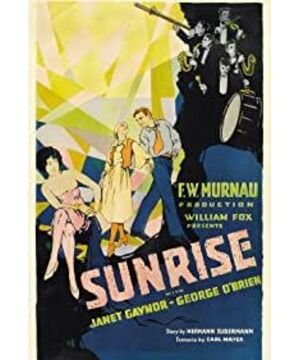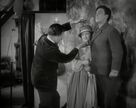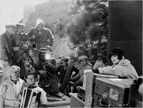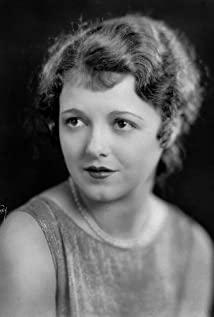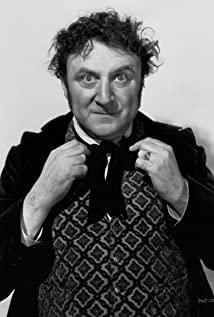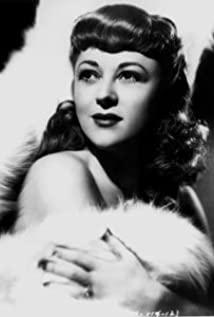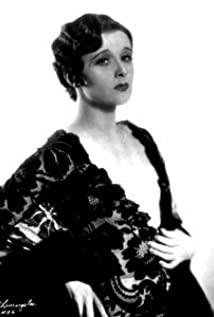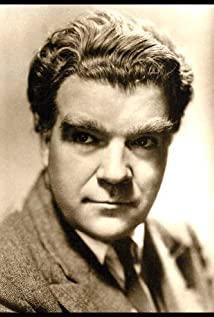As Murnau's first film in the United States, the style and temperament of the film have undergone a big turnaround, and the final happy ending is also a typical Hollywood-style ending. Just taking out the story to tell, such a story of being tempted, getting lost, and regaining love does not seem monotonous and mindless now. Murnau was a leader in revealing human nature, portraying characters, depicting personal emotions, and showing details of life in that era. This film and "The Meanest Man" show these qualities vividly. Murnau is not as obsessed with experimenting with montage as Eisenstein, and is less avant-garde and radical in film form, but his handling of image texture is masterful.
In the first half of the film, the scene when the male protagonist who lives in the country and the woman from the city are having an affair by the river at night exudes a gloomy and ghostly temperament. The misty river surface, the moon hanging in the sky, the lover in black, the wife with children at home, kissing and flirting wildly in the face of the lover, and proposing a sinful plan to kill the wife and lover to live in the city, plus the weird The soundtrack, all the elements are heading towards tragedy. When the lover twists his body frantically to describe the crazy nightlife in the city to the male protagonist, the carnival picture of the dancing demons in the nightclub is superimposed on the lover's twisting body, which is a very common expression in Murnau. A series of ideological struggles of the male protagonist before preparing to drown his wife, such as the fantasy of pushing his wife into the water, coupled with the male protagonist's tangled and tense facial expressions and gloomy soundtrack, make the viewer's heart tugged. In a sense, silent film is a more audiovisual form of film than sound film. And when the male protagonist gave up the idea of killing his wife on the boat and followed his wife to the city, the previous gloomy story and temperament were completely reversed, and the couple came to a city roaming story that healed love. The two witness a wedding in the church and hear the sacred vows again. The two snuggled through the streets of the city, the paradise of birds and flowers, kissing in the center of the road and causing traffic jams. This series of fake backgrounds now seems very dramatic but extremely romantic. In the barbershop, the male protagonist angrily threatened the man who molested his wife with a knife. They took sweet couple photos in the photo studio, but accidentally dropped a statue in the photo studio, and then had to put a spherical baby face on the neck of the statue when the boss was unprepared. They reveled in amusement parks and danced cheerful pas de deux in restaurants (Visconti's "White Nights" also includes a cheerful pas de deux in a bar). The travels in the city brought their feelings back to the era of passionate love, back to the love between you and me. In the end, the violent wind and rain, lightning and thunder on the boat back home were like the last temptation. Facing the missing wife, the male protagonist was sad and helpless, and tried to kill his former lover to vent his anger. This could have been a story of everything lost, a story of punishment, a story of guilt. But Murnau still gave a happy ending. His wife was rescued by everyone, and the two greeted the shining sunrise with a kiss.
View more about Sunrise reviews


